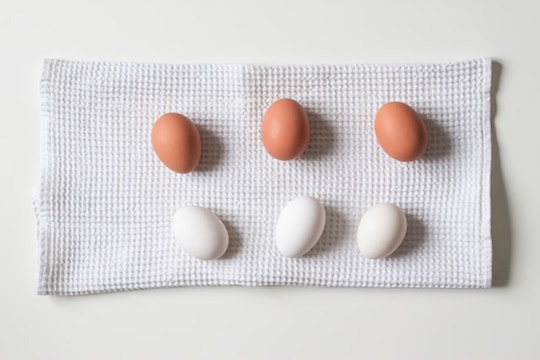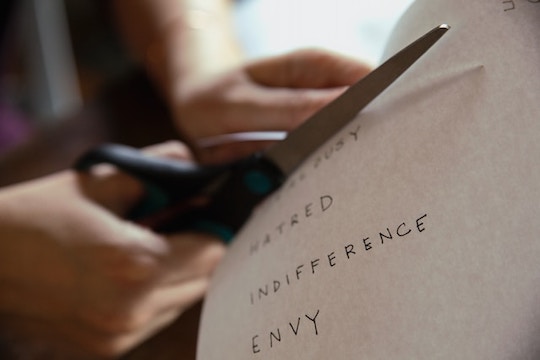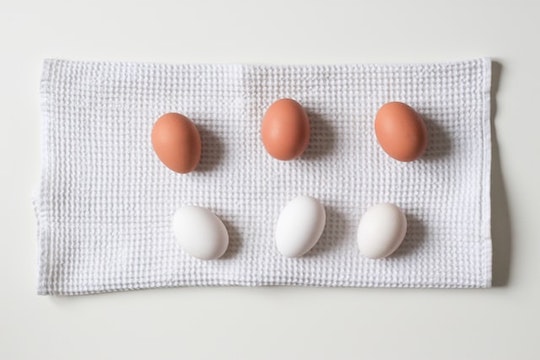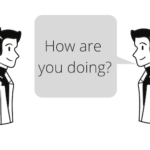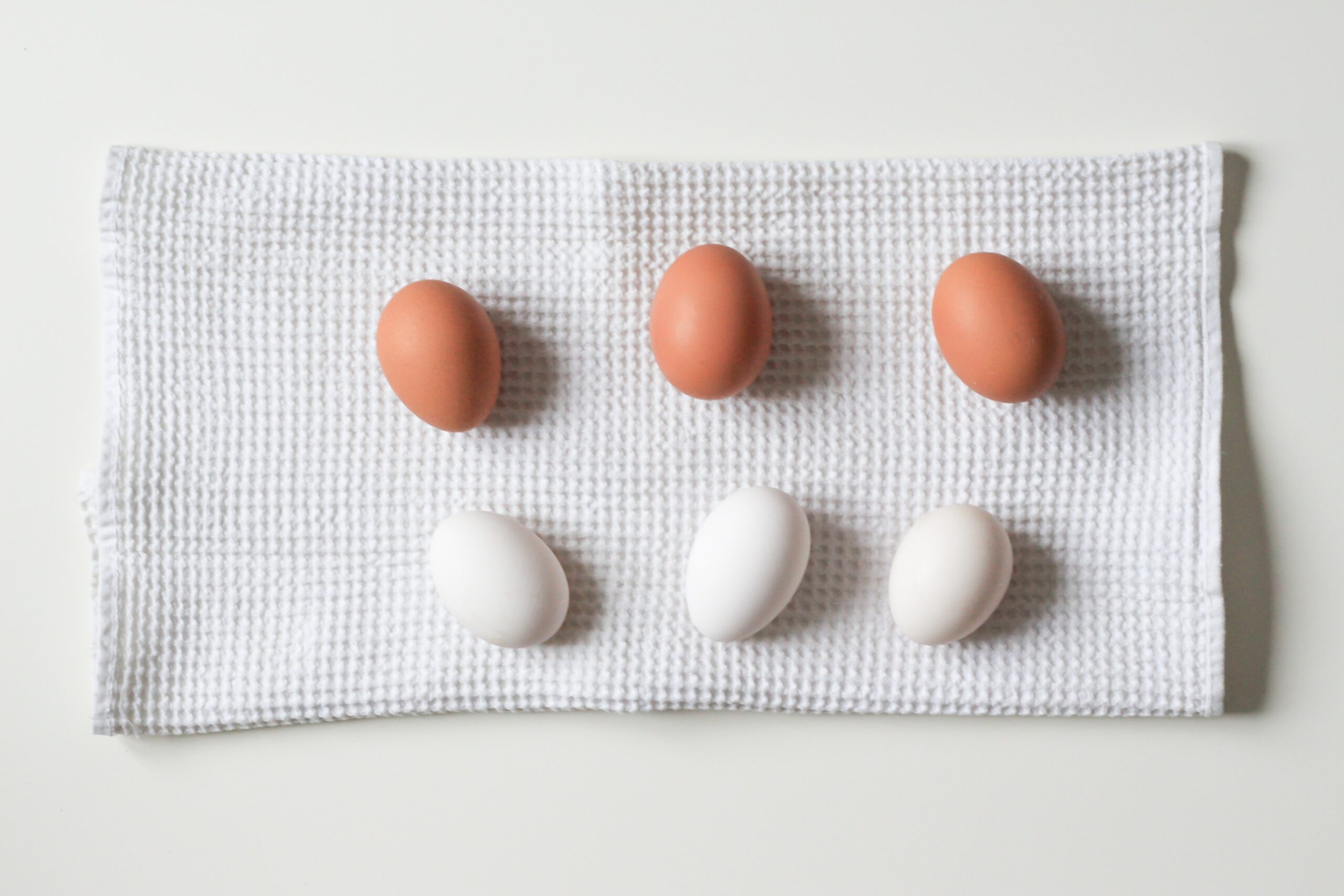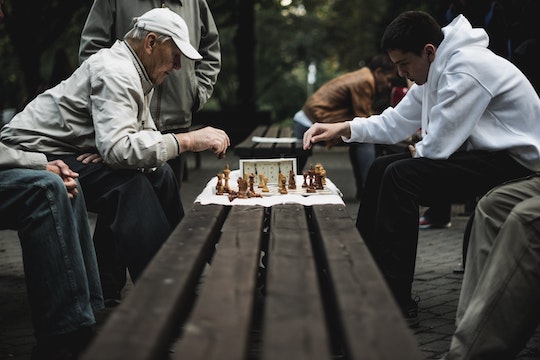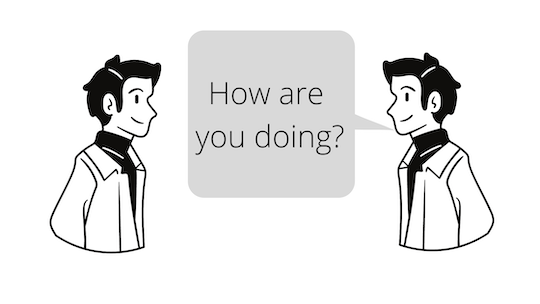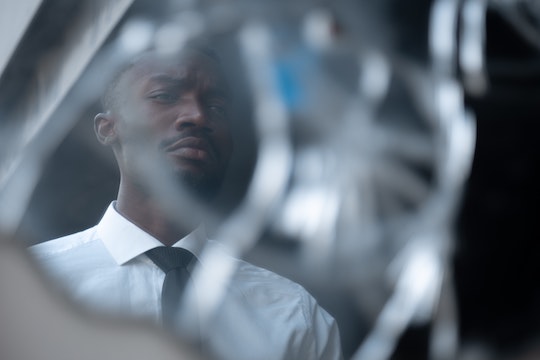“Comparison to others can have a positive impact on your life. Apply it with curiosity and embrace the opportunity to inspire growth.”
—Author Unknown
Most of us have experienced the dark side of making comparisons to others. Social media, in particular, has raised it to exponential levels.
What are some examples you’ve seen or experienced directly?
What negative and lingering consequences are easily observable in the people around you?
Alternatively, where and when has making comparisons propelled you toward greater mastery and achievement?
Who are the mentors, coaches, and role models that encourage and motivate you to be your best?
How do their examples help you tap into your own reservoirs of courage, tenacity, and persistence to realize far more of your potential?
EXERCISE:
Where and how could a more positive curiosity toward comparison with others inspire greater growth and achievement in your personal and professional life?

